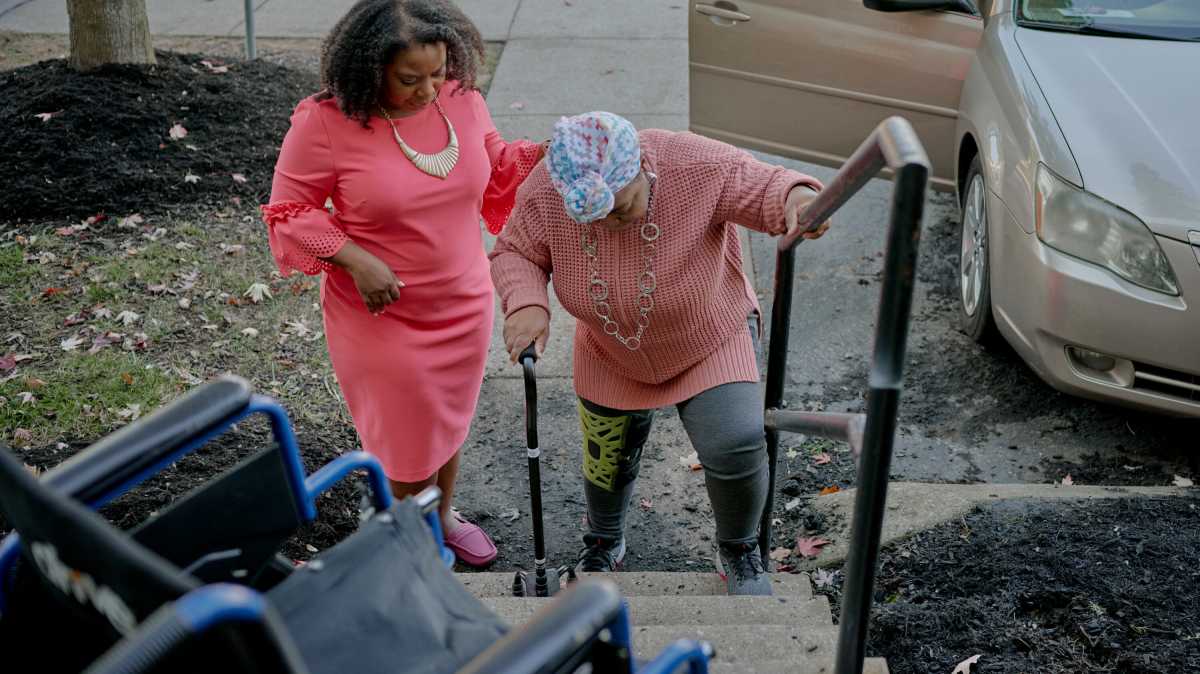Business
Eight Million Households Receive Final Cost-of-Living Payment Amid Calls for More Support

Eight million households on means-tested benefits are set to receive their final cost-of-living payment to ease the burden of high food and energy bills. The payment, totaling up to £900 and paid in three instalments, will be directly deposited into bank accounts by 22nd February. Eligible recipients do not need to make a claim to receive this payment.
While charities are urging the government to provide further support, concerns have been raised over the effectiveness of these payments in alleviating financial strain for struggling households. The final payment of £299 will mark the conclusion of this particular initiative, with no additional cost-of-living payments currently scheduled.
Work and Pensions Secretary, Mel Stride, commented on the payment, stating that it serves as a significant cash boost for vulnerable households. However, Citizens Advice‘s Morgan Wild contends that more than temporary fixes are required, stressing that long-term commitments to improving income and living standards are necessary.
Individuals in low income brackets who are currently receiving means-tested benefits, such as universal credit, are eligible for the payment. However, it is important for recipients to be cautious of potential scams, as fraudsters may attempt to exploit the situation to acquire personal details. Genuine payments will be labeled with the recipient’s national insurance number, followed by DWP COL or HMRC COLS for those eligible through tax credits.
The government has highlighted several upcoming measures aimed at assisting households, including a 6.7% increase in benefits, an 8.5% rise in the state pension, and enhanced financial support for those receiving benefits and renting privately. These changes will go into effect in April.
The economic impact of historically high energy bills, unaffordable housing, and other rising costs remains a pressing issue for many. The cost-of-living payments do provide temporary relief, but they may not adequately address the root causes of financial crisis. A committee of MPs has previously questioned the sufficiency of these payments, suggesting that increasing benefits could be a more effective solution.












